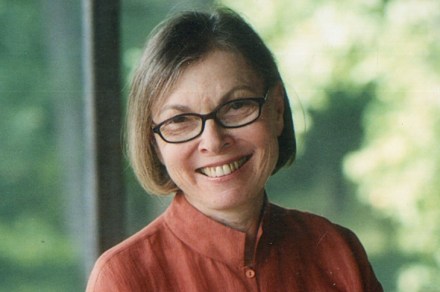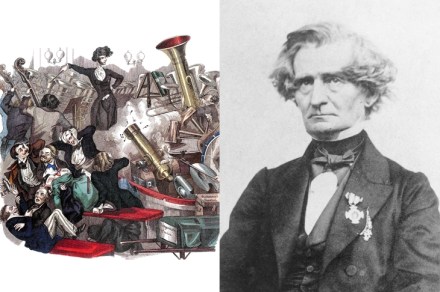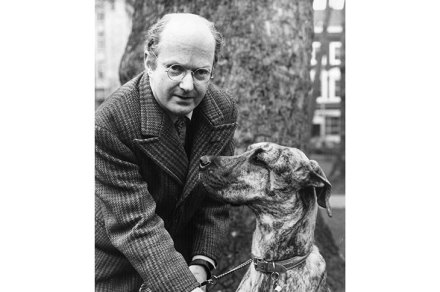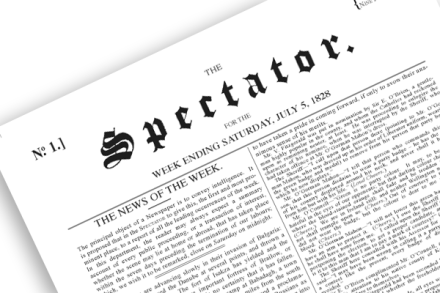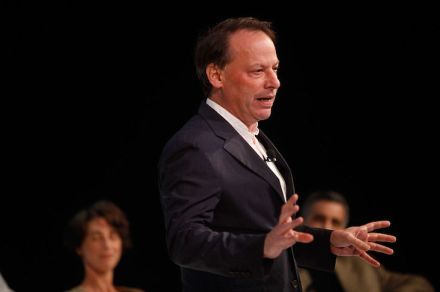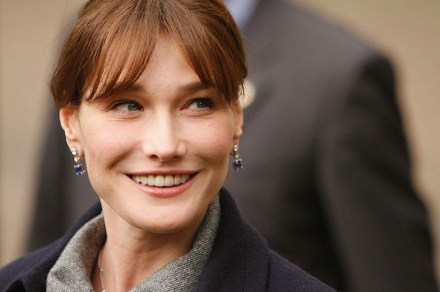The bad cat of journalism
God, I wish I was Janet Malcolm. Fifty or more years as a staff writer on the New Yorker, reviews in the New York Review of Books, the occasional incendiary non-fiction bestseller (In the Freud Archives, The Journalist and the Murderer, The Silent Woman: Sylvia Plath and Ted Hughes), even the famous lawsuit. (She was sued for libel by the psychoanalyst Jeffrey Masson.) If Janet Malcolm is the thinking woman’s Joan Didion, then Nobody’s Looking at You is her Slouching Towards Bethlehem: a lot less slouching. Nobody’s Looking at You collects just over a dozen of Malcolm’s articles from the past decade or so, ranging from some pretty stringent profile
